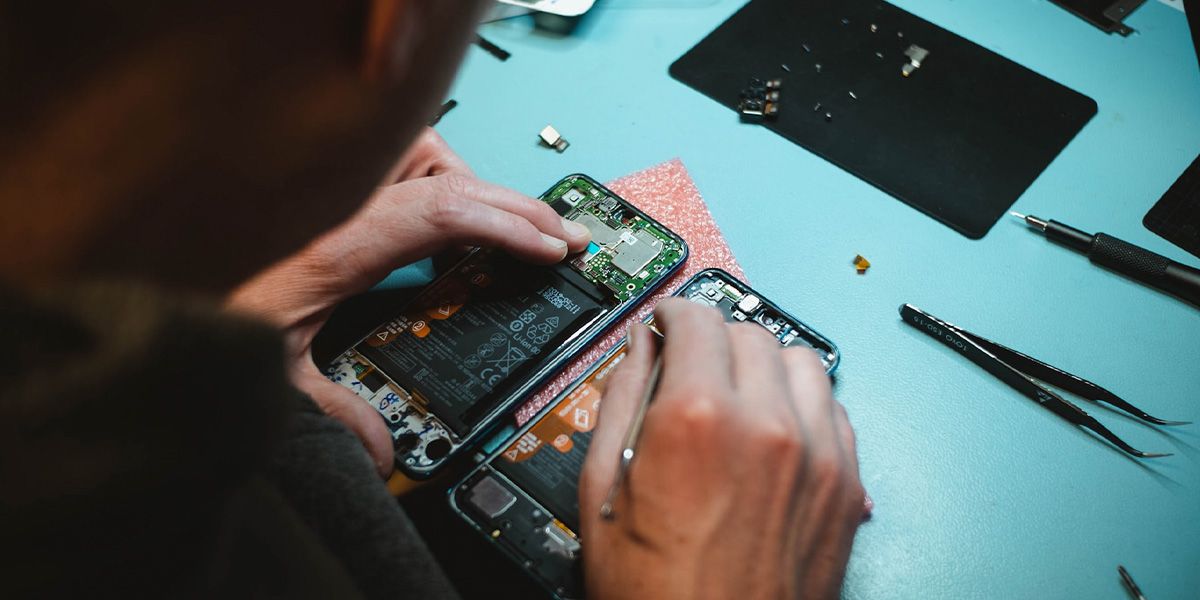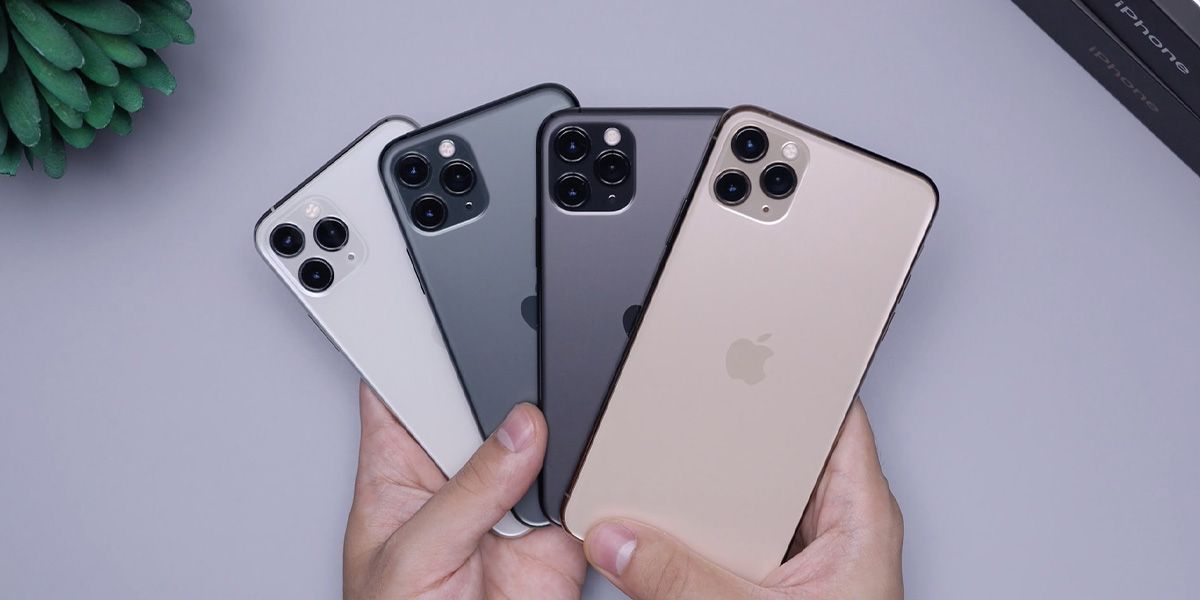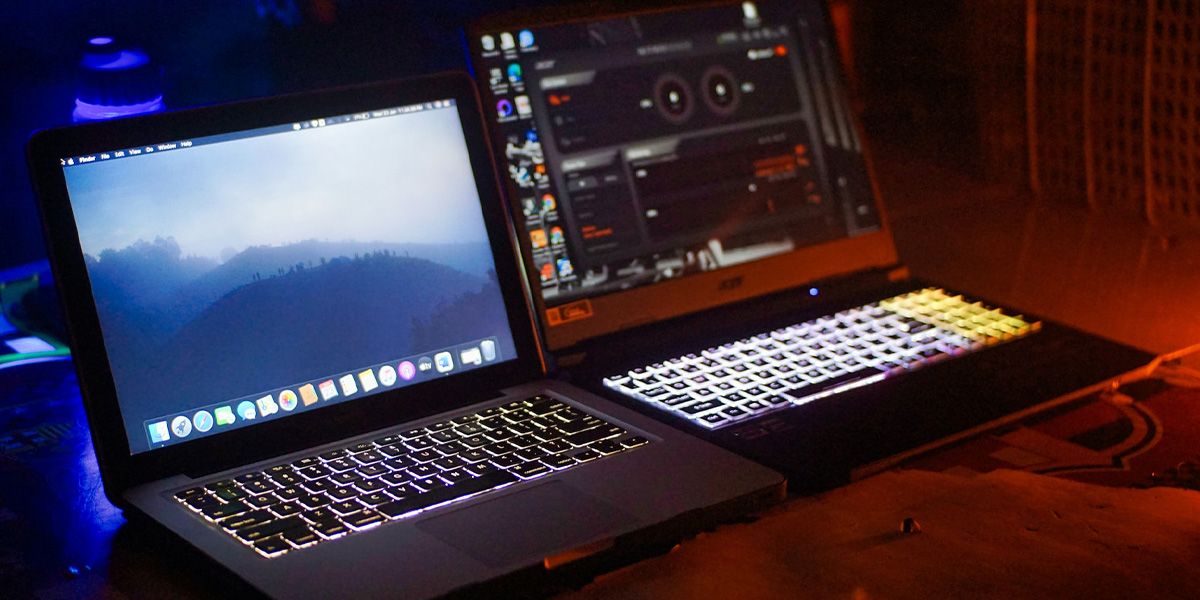Apple has one of the most consistent fanbases in the world. Almost every product Apple launches ends up taking over the market for good. This is primarily due to the experience Apple creates, which depends on factors like user-friendliness, luxury product feel, and social status that comes with owning an Apple device.
But, regardless of the Apple experience, if we look at them objectively, we can easily find strong reasons—overpriced, poor repairability, and fewer features, to mention a few—not to buy these products. Here, we’ll list our top seven reasons to avoid buying Apple products.
1. The Apple Tax
The “Apple tax” colloquially refers to the unreasonable profit margins Apple charges on its products. This means where a product costs Apple $400 to make (end-to-end), it’s typically sold for $1,000 and beyond.
While sometimes the reasons why Apple products are so expensive might be justifiable, for the most part, the Apple tax simply makes the products too expensive to purchase. It’s not that the product (like the iPhone) is difficult to buy, and the rest of the journey is easy—no. Apple also charges a hefty premium for its accessories (like a charger for the iPhone).
So, every time you want to get an accessory, you will have to pay the Apple tax hidden in the accessory’s price. One example is the USB-C to Lightning cable, which costs $19.
2. Poor Repairability
There are three sad things about the repairability of Apple products:
- The Apple tax doesn’t just extend to accessories—but repairs as well.
- Users can’t have their products repaired from anywhere besides the Apple-certified technicians who charge you the Apple tax.
- Apple doesn’t, in most cases, repair the damaged component (even though it could be repaired) and simply offers to replace it with a new one—which is, again, super-expensive.
This poor repairability issue has given Apple a lot of heat and has become a huge debate on the right to repair as well. So, if you gather the courage to buy an Apple product and the additional accessories and somehow end up damaging it, you’ll have to spend a lot to get it back into its original condition.
3. Fewer Features Than the Competition
Sure, with Apple, there’s always hope for innovation—the Dynamic Island on the iPhone 14 Pro is a good example. But, most features that have been in the market for a long time come to Apple products very late.
Here are a few commonly available features in Android devices which Apple still hasn’t made available on its products:
- iPhone lacks the on-screen fingerprint
- MacBooks lack a touch screen
- iOS and iPadOS lack app cloning and multi-user support
And although the list of things you can do on Android but not on iPhones has gotten shorter over the years, if you want to enjoy cutting-edge technology (say a foldable screen), Apple products may not be an ideal option.
4. Not as Customizable
Another reason not to buy Apple products is that they aren’t as customizable (neither by the manufacturer nor by the user) as products by their competitors are. For example, once you buy a Mac, you cannot open it up and swap the hardware (like the RAM or SSD) or send it back to Apple for an upgrade.
You can only make changes to the system’s configuration while purchasing it online from the Apple Store (like adding an extra 16GB RAM for $400)—nothing after that.
Apple devices are manufactured in a way that you cannot upgrade them at all. With the introduction of Apple silicon to Macs, whatever chance users had has now gone to zero: RAM, storage, GPU, and the processor are all unified in a single chip.
Compare this to other products by manufacturers like Dell, HP, and ASUS, whose laptops you can open up from the bottom and stick in an extra RAM.
5. Limited Design Options
This might seem like a bit of stretch, but it’s nevertheless true: Android devices and Windows laptops are available in all shapes and sizes, whereas Apple products aren’t. Tech manufacturers typically target all different classes in society.
They release flagship, top-of-the-line products as well as budget ones—all with different designs and color choices. But Apple releases only a handful of devices each year, which too, mostly have limited colors and design options—like keyboard lighting for laptops, screen types, chassis (rugged or simple), etc.
On the bright side, Apple products have the widest range of third-party accessories (like MacBook and iPhone cases) available. So, you can still make some design choices on your end—phew.
6. Not for Gamers
This point only applies to the Macs, as iPhones and iPads handle games effortlessly. For some reason, Apple doesn’t take gaming seriously, whereas its rival Microsoft incentivizes game production for Windows.
Recently, Apple has made some efforts—like Apple Arcade—but how effective will they be? Only time will tell. If you’re interested in reading up more on this, we’ve covered why Apple doesn’t care about macOS gaming.
7. The Walled Garden
Last but never least: Apple’s ecosystem, aka the “walled garden,” is a reason to purchase, but at the same time, stay away from Apple products.
Apple can lock you to its services and products with seamless connectivity features, tempting you to shell out more on its other products. If you’re a designer who uses a MacBook, you cannot keep yourself from purchasing an iPad just because they work together so well to aid you in your work.
While this has its huge upsides, the problem comes into play when you want to use specialized third-party products (like a Wacom tablet, in the case of a designer) with Apple devices. Or when you have to work in a collaborative workspace with all kinds of devices.
The Other Side of the Coin
Infuriatingly high prices, lack of commonly available features, no gaming support, lack of design options, and a very exclusive ecosystem—Apple sure has a lot of areas to work on to make its products more lovable to the masses.
But again, if we only consider the reasons not to buy these products, we’ll start believing that this company is the root of all evil. However, the opposite of this statement may be true when you consider why Apple products already sell so well.







